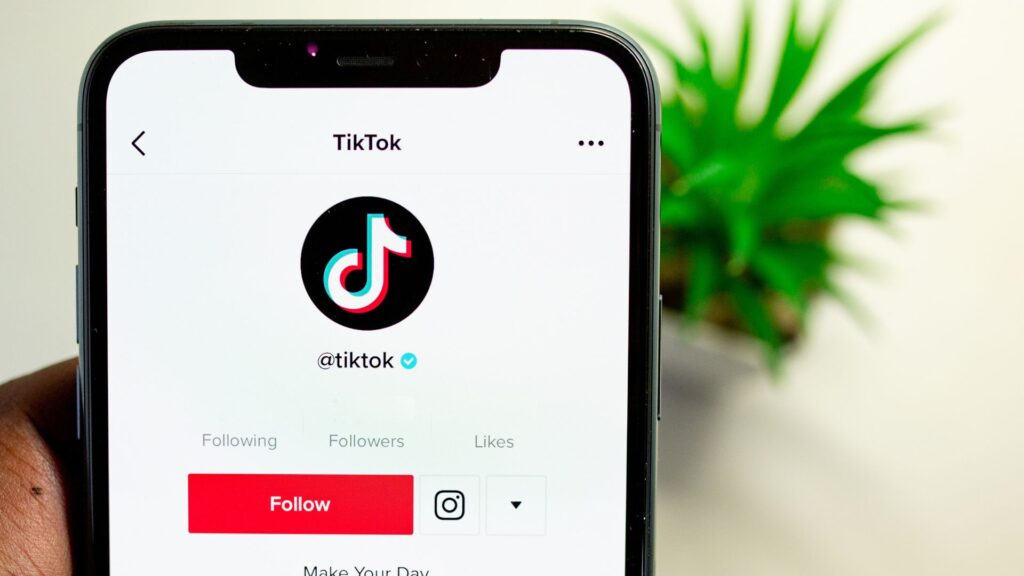
Is time ticking for TikTok in the United States?
On Thursday, the House Energy and Commerce Committee held a hearing to discuss TikTok’s consumer privacy and data security practices and relationship with the Chinese Communist Party.
At issue for Congress is “TikTok’s surveillance capacity and practices,” which “require scrutiny given the platform’s ties to the Chinese Communist Party.”
The House Energy and Commerce Committee asserts that “from 2014 to 2017 the CCP passed several laws requiring all Chinese tech companies to allow CCP officials access to user data” and that “all Chinese tech companies must comply with the demands of the CCP.”
TikTok’s corporate structure may mean that under Chinese law, Americans’ data could land in the hands of the CCP. TikTok is owned by Beijing-based ByteDance Technology and operated in the United States by a Cayman Islands incorporated holding company.
In his prepared testimony, Chew stated that, “TikTok has never shared, or received a request to share, U.S. user data with the Chinese government. Nor would TikTok honor such a request if one were ever made.”
But in response to questions from lawmakers, Chew indicated that ByteDance employees in China “may still have access to some U.S. data from the app.”
Shou’s testimony was characterized by experts as “a ‘disaster’ moment,” leading stock prices for competing social media stocks, Meta (NASDAQ: META) and Snap (NYSE: SNAP), to jump.
The hearing came one week after President Biden threatened a U.S. ban on TikTok if the company’s Chinese owners do not divest of their stakes. The threat is similar to that made by former U.S. President Donald Trump in 2020.
Any ban—whether imposed by the U.S. President or Congress through legislation—would likely swiftly be challenged by TikTok in court, thus delaying the immediacy of its enforcement.
Regardless of the outcome, athletes, teams and leagues must seriously consider their social media strategies. Building a large following can bring revenue generating and fan engagement opportunities, but it is critical to ensure ways exist to communicate with said following outside of the platform. Case in point: the creators negatively impacted by the wiping out of Myspace. Like Boardroom CMO Sarah Flynn explained in Episode 11 of the Ruling Sports Podcast, building email distribution lists can protect against social media platform collapse.
Congress’ TikTok hearing also raises questions over the strength of the United States’ protection of consumers’ data at the federal level. While states like California have enacted bills protecting consumers’ rights around their data, a federal bill has not been enacted addressing data privacy concerns like those raised against TikTok. Thus, any consideration of banning a social media app over data privacy concerns must similarly invigorate Congress to enact a federal law addressing the same.
Get the free weekly newsletter so you can win the game.
